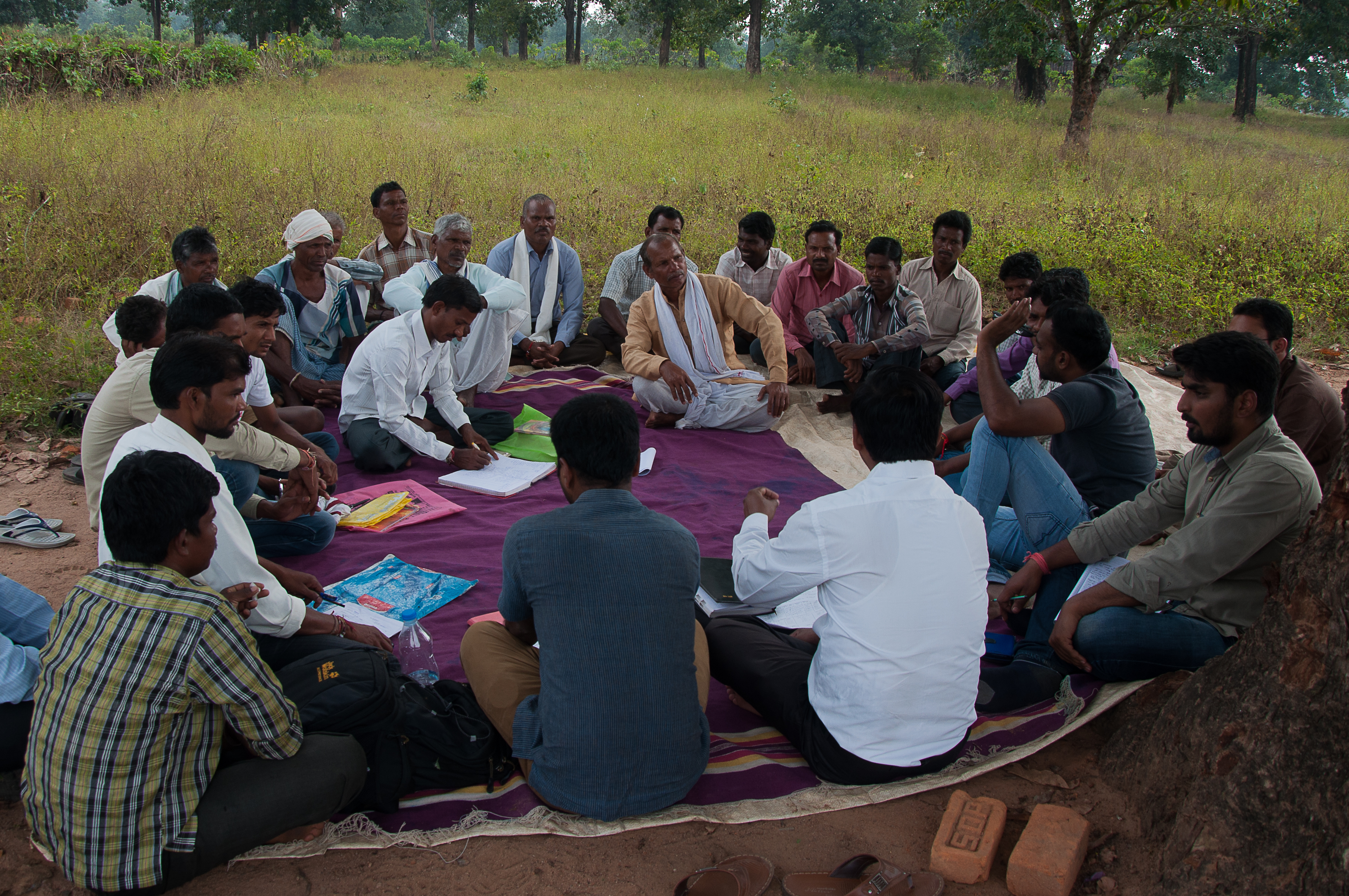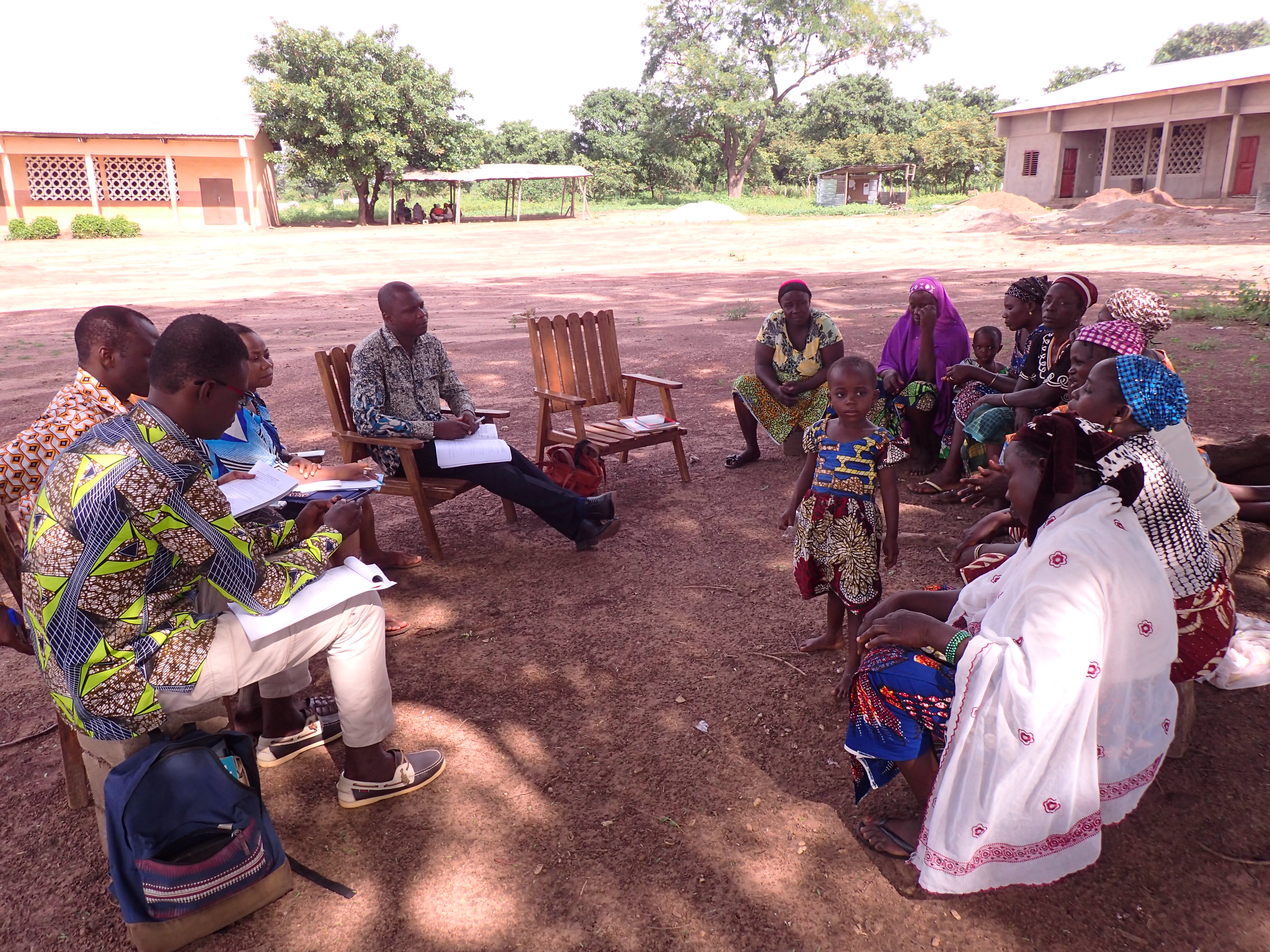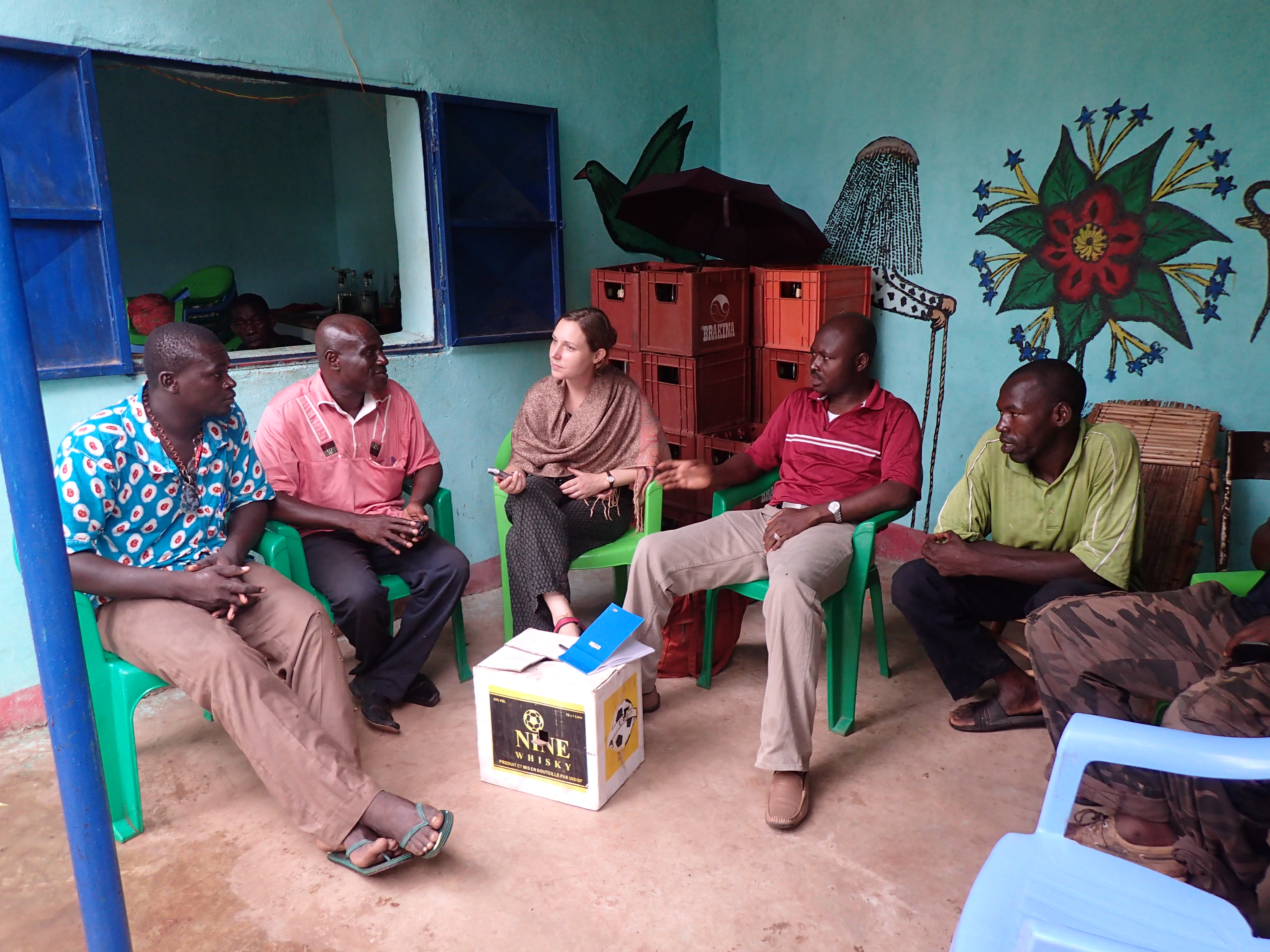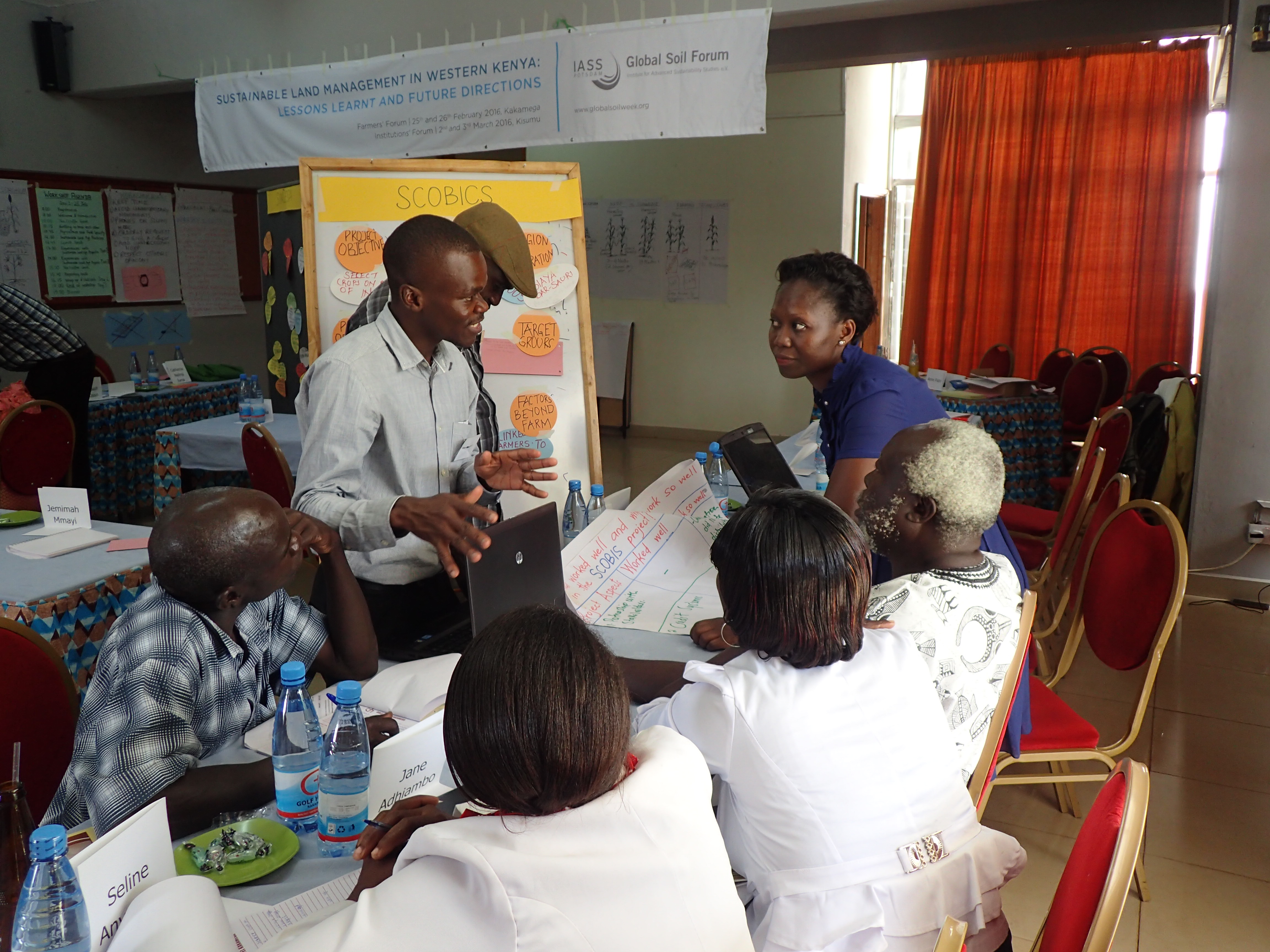



Despite decades of experience and investments, sustainable land management (SLM) still faces challenges to achieve long-term practice of SLM among smallholder farmers: when programmes end support, farmers often also stop applying the technologies.
In our analysis of 39 programmes for SLM and agricultural development in Benin, Burkina Faso, Ethiopia, Kenya and India, we found that they have a hard time reaching out to support farmers to practice SLM in the long-term. Insecure land access, poor provision of agricultural extension services, and discrimination based on gender, youth and ethnicity are major structural barriers to the adoption of SLM by smallholders. The studies revealed that SLM programmes often fail to address these socio-economic, cultural and political barriers holistically.
Solutions must be found in close collaboration with farmers, community-based institutions and other local and national partners from government, research and civil society. Transdisciplinary research that combines different forms of knowledge to develop solutions together produces “socially robust solutions for real world problems”.
The community-led lease guidelines in Western Kenya to secure access to land for landless farmers is such a socially robust solution.
As part of the special initiative One World, No Hunger by the German Federal Ministry for Economic Cooperation and Development (BMZ), TMG Research conducted transdisciplinary research in the global programme Soil Protection and Rehabilitation for Food Security in Benin, Burkina Faso, Ethiopia, India, and Kenya. The project produced social innovations to overcome key challenges or chronic problems in SLM.
These social innovations address
– insecure access to land for women within households,
– insecurity of land leasing arrangements,
– limited out-scaling of SLM technologies beyond project participants,
– lack of pro-poor provision of extension services.
Together with farmers and institutional stakeholders, we created a mutual understanding of the pressing challenges farmers face in sustainably managing their land. For example, the workshops in Kenya laid the ground for a Peer-Review of Extension Services in three Western Kenyan counties.
In close collaboration with local actors, we analysed the identified structural barriers in more depth. Qualitative and quantitative studies increased the understanding of problems like women´s access to land and farmer´s challenges in adopting technologies. On that basis, the social innovations were co-developed. A community-led process to secure land access for women at the household level in Burkina Faso emerged from a multi-stakeholder dialogues in Burkina Faso. In the case of Benin, a model to reach farmers beyond direct project beneficiaries emerged as the core of the social innovation.
During the final phase of the project, social innovations were piloted. These pilot processes were mostly done with one or two communities under the leadership of national and local partners.
The development of the lease guidelines in Kenya was led by the Shibuye Community Health Workers who organized and facilitated townhall meetings as well as the discussions and drafting of the guidelines. As they are well-rooted in the community through long years of action mainly in the health sector, they were ideally placed to lead the process. In Burkina Faso, the Groupe de Recherche et d’ Action sur le Foncier (GRAF), a national group of experts on land governance led the process.
This sites uses cookies. By continuing to browse your are agreeing to our use of cookies. Review our data privacy policy for more information.
accept